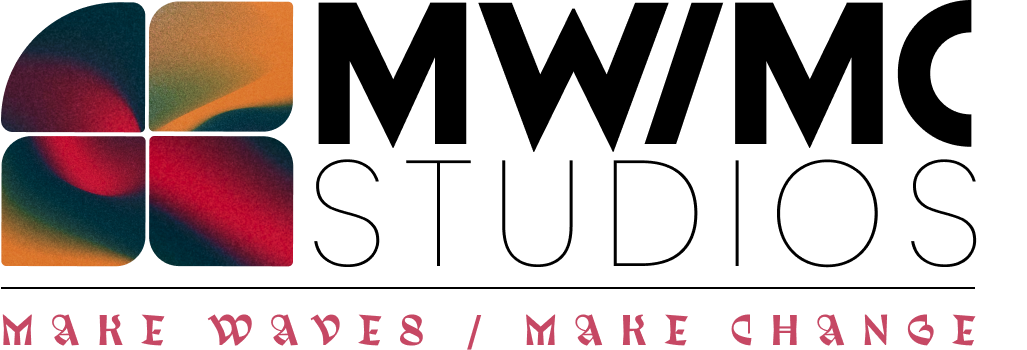You might raise an eyebrow when you hear I’m writing off a year-long energy mastery program as a business expense.
But here’s the thing: as a freelancer in digital media, marketing, and course design for wellness entrepreneurs, my job is to understand the inner and outer world of the people I serve—and that includes their language, their values, their structure, and their transformation models.
And the Integral Energy Program? It’s exactly the kind of in-depth, soul-level course that many of my ideal clients are creating or dreaming of creating. So I’m enrolled. And yes, I’m writing it off.
Two Legitimate Tax Justifications
Under IRS guidelines, specifically Section 162, you can deduct educational expenses that:
-
Maintain or improve the skills you use in your existing business, or
-
Help you understand your client base or industry better, as long as it doesn’t train you for a new career
This course qualifies for me on both counts:
1. It Helps Me Serve My Clients More Effectively
Most of my clients work in the consciousness, wellness, or transformational coaching space. Their programs often include things like breathwork, energy healing, trauma processing, kundalini, or awareness expansion. The more deeply I understand those tools and frameworks, the better I can:
-
Design aligned websites and visuals
-
Develop course architecture that honors their process
-
Create copy and messaging that truly resonates with their audience
-
Build marketing funnels that don’t feel extractive or “off-brand” with their values
This course doesn’t make me a spiritual practitioner—it helps me be a better guide for the people who are.
2. It’s Industry Research
This program is essentially a 52-week case study in how a successful consciousness-based business operates:
-
Bi-weekly group calls
-
Tiered support with optional 1:1 mentoring
-
WhatsApp group access
-
A bold application process that qualifies leads
-
An unapologetic, truth-seeking tone that’s not afraid to be niche
All of this helps me reverse-engineer what makes a course like this work—from pricing and offer design to client onboarding and content delivery. That’s valuable, real-time research I’ll apply directly to future projects.
“But It’s About Energy…”
Sure. It’s about kundalini, prana, tantric systems, and energetic mastery. That’s not your average business seminar, but it doesn’t need to be. What matters is that it’s relevant to the business I’m already in—which is supporting these kinds of clients with design, marketing, and content strategy.
If you were a therapist taking a somatic training to better understand your clients, that’d be deductible. This is no different. The modality doesn’t matter. The use case does.
Tips for Fellow Creatives & Freelancers
If you’re considering writing off a course that might seem “out there,” here’s how to protect yourself:
-
Document your business intent – Blog about it, note how it connects to your current work (like this post)
-
Save your receipts – Including screenshots of the curriculum and any course outlines
-
Tag it correctly – In your accounting software or spreadsheet, label it under “Continuing Education” or “Professional Development”
-
Tell your accountant the why – They don’t need to vibe with it—they just need to see that it’s relevant to your existing work
Final Thoughts
This course is helping me learn the language, rhythm, and real-world application of energy-based education—something my clients live and breathe. That’s not a fringe expense. That’s business research.
So yes, I’m studying kundalini. And yes, it’s going in the write-off column.










Leave A Comment